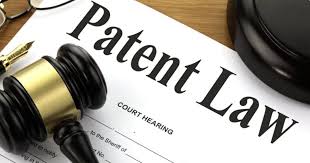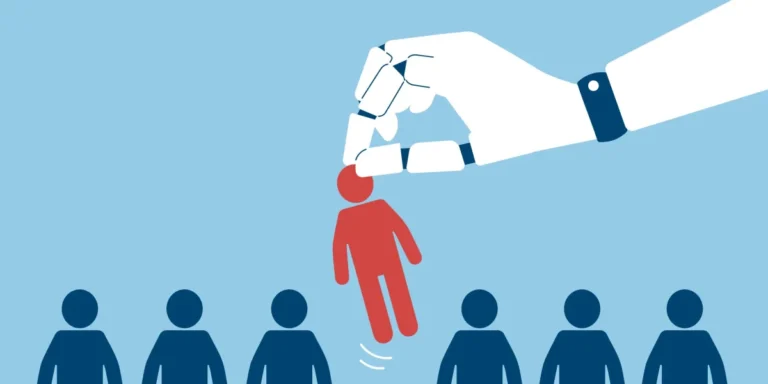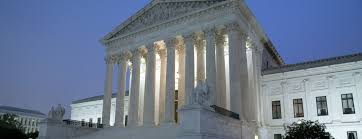WTK & Associates LLP
A group of state attorneys general filed a lawsuit in April against the Equal Employment Opportunity Commission (EEOC) regarding its newly implemented pregnancy rule. The lawsuit was filed in the U.S. District Court for the...
Following remand from the US Court of Appeals for the Federal Circuit in an inter partes review (IPR) case, the Patent Trial & Appeal Board reviewed the petitioner’s response arguments and evidence concerning claim constructions...
Colorado’s groundbreaking legislation to protect employees and job applicants from AI-based discrimination has sparked similar initiatives in at least six other states and at the federal level. With a recent Executive Order addressing various...
OSHA, or the Occupational Safety and Health Administration, has recently amended its Hazard Communication Standard (HCS), found in 29 C.F.R. § 1910.1200. This amendment is in alignment with Revision 7 (Rev. 7) of the United...
DC IP Lawyers Note: In the trademark infringement case ZAGG Inc, v. Ichilevici et al., ZAGG, a manufacturer of screen protectors and other products, deposed a corporate designee of the defendant the day before discovery...
In this election year, discussions surrounding impactful and divisive political issues are inevitable among employees, particularly those in the DC Civil Lawyers arena, given the city’s political landscape. Employers in this environment must be keenly...
Yesterday (May 29), in Ryan, LLC et al. v. The Federal Trade Commission, the FTC, along with DC Employment Lawyers, filed its response in opposition to Plaintiffs’ request to stay/enjoin the FTC Rule banning non-competes...
The US Court of Appeals for the Federal Circuit vacated and remanded a district court’s grant of summary judgment, finding that the language used in an invention assignment clause was subject to more than one...
Data privacy concerns continue to grow, and for many businesses, employee benefits are a major source of sensitive data subject to increasing risks. Here are some key privacy considerations from an employee benefits perspective, as...
Section 507(b) of the Copyright Act includes a three-year statute of limitations that runs from the time the claim accrues. A claim may only accrue one time under the discovery rule. In 2014, in Petrella...










